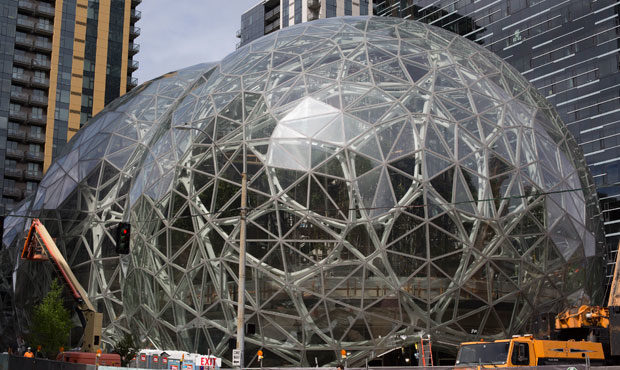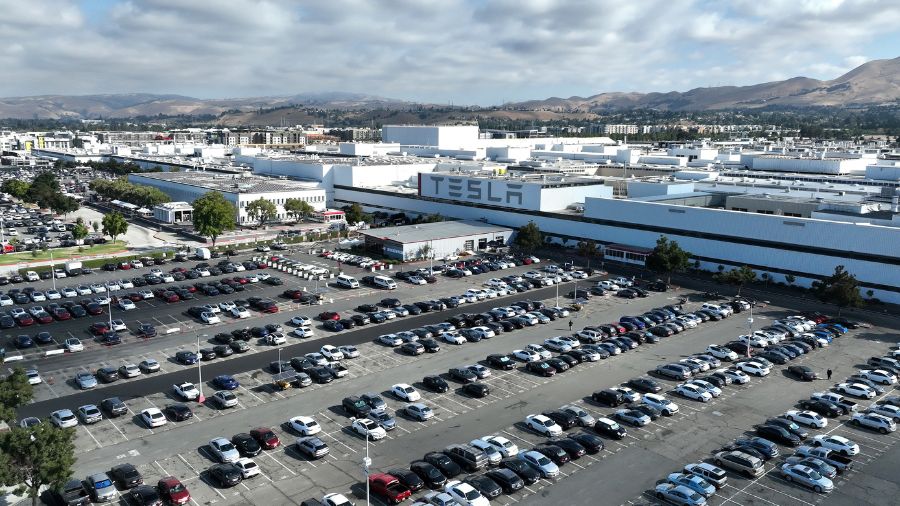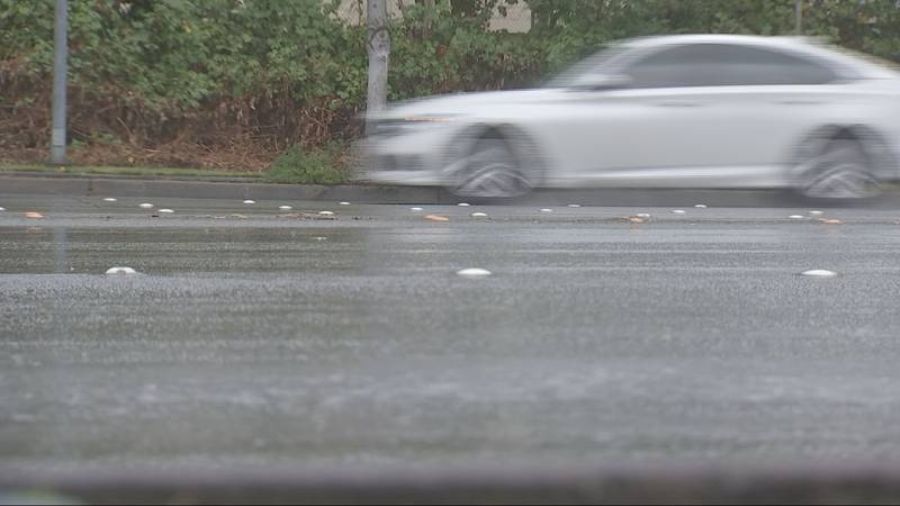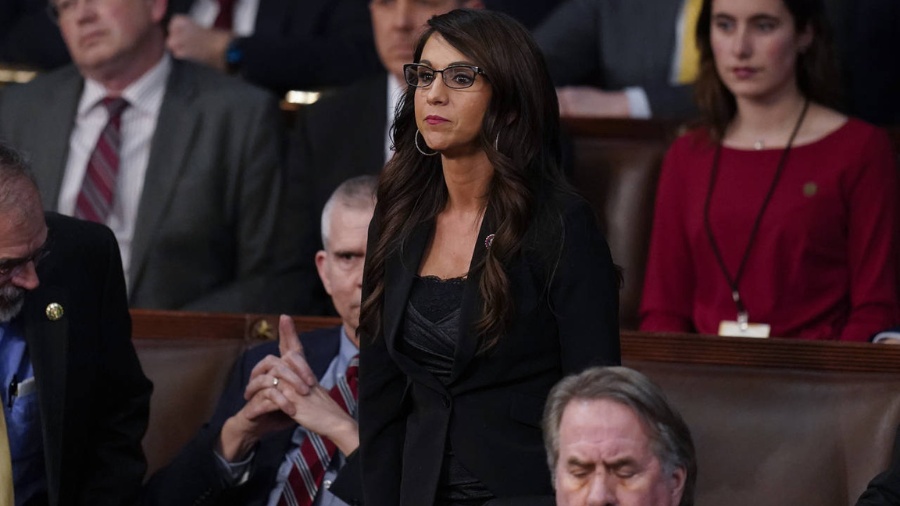Economist: Seattle business tax could lead to ‘massive’ Amazon exodus to Bellevue
Jul 8, 2020, 6:55 AM

(Photo by David Ryder/Getty Images)
(Photo by David Ryder/Getty Images)
Seattle City Council passed a landmark big business tax Monday, a move that one economist warns could drive companies like Amazon east into Bellevue.
Seattle council passes landmark big business tax proposal
According to Windermere Chief Economist Matthew Gardner, it might have served Seattle better to focus on a tax applied regionally.
“As much as these things might make sense, they need to be applied on a regional, not citywide basis,” Gardner told KIRO Radio’s Dave Ross. “… I’m not a fan of jurisdictions autonomously or independently trying to take on these kind of scenarios because all it does is it functions to push people out.”
The tax, dubbed “JumpStart Seattle” and sponsored by Councilmember Teresa Mosqueda, was first unveiled in mid-June. It will raise over $200 million a year by levying a tax on corporations with payrolls over $7 million. Qualifying businesses will be taxed 0.7% for every employee making over $150,000, and 1.4% for employees making over $500,000.
An earlier version this year was dubbed the “Amazon Tax” by Councilmember Kshama Sawant, similar to the head tax passed and then repealed by the council two years ago. In 2018, Amazon had warned city leaders that an increased tax burden could motivate the company to begin moving its operations out of Seattle.
Despite the quick repeal of the 2018 head tax, though, Amazon still began moving a sizable portion of its employees to Bellevue in 2019. Gardner sees that trend escalating in the wake of the latest big business tax.
Sawant: Amazon tax ‘only thing’ that can rescue Seattle economy
“I think there’s no doubt that we’re going to hear several announcements over the next couple of weeks of some massive expansion by Amazon into Bellevue,” he predicted. “Really, it’s going to become one of those really bad-kept secrets.”
The council’s tax will borrow from the city’s emergency and general funds in the near term, and then pay that back when the tax begins to collect money in 2022. In the short term, it would be directed spending toward a handful of COVID-19 relief measures, including rental and business cash assistance programs, and housing and food security.
Listen to Seattle’s Morning News weekday mornings from 5 – 9 a.m. on KIRO Radio, 97.3 FM. Subscribe to the podcast here.













